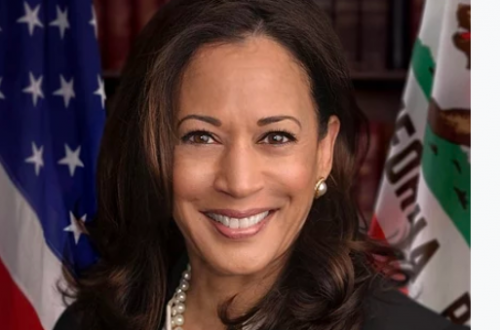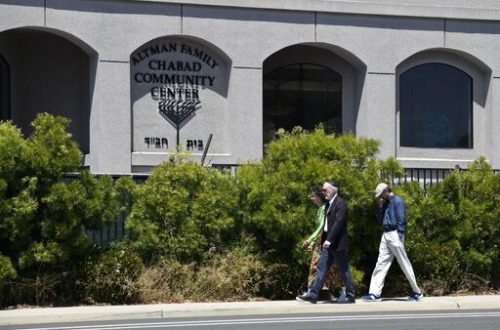It’s nice that even conservatives can look back now on the August 28, 1963, March on Washington and feel warm and fuzzy about it. (They didn’t at the time.) But with all the justified attention to Martin Luther King’s great speech, I’m afraid other features of that historic day have been forgotten.
For example, it was called the March for Jobs and Freedom. The official demands of the March included a major public works program for all unemployed and an increase in the minimum wage to $2 an hour. And March organizer A. Philip Randolph, the leader of the Sleeping Car Porters union, told the crowd assembled in front of the Lincoln Memorial:
We are not an organization or a group of organizations. We are not a mob. We are the advance guard of a massive moral revolution for jobs and freedom. The revolution reverberates throughout the land, touching every city, every town, every village where blacks are segregated, oppressed and exploited. But this civil rights demonstration is not confined to the Negro; nor is it confined to civil rights; for our white allies knew that they cannot be free while we are not. And we know that we have no future in which six million black and white people are unemployed, and millions more live in poverty…
One of the wonderful things about the March was how it tied together demands for civil rights and economic justice for people of all races.


